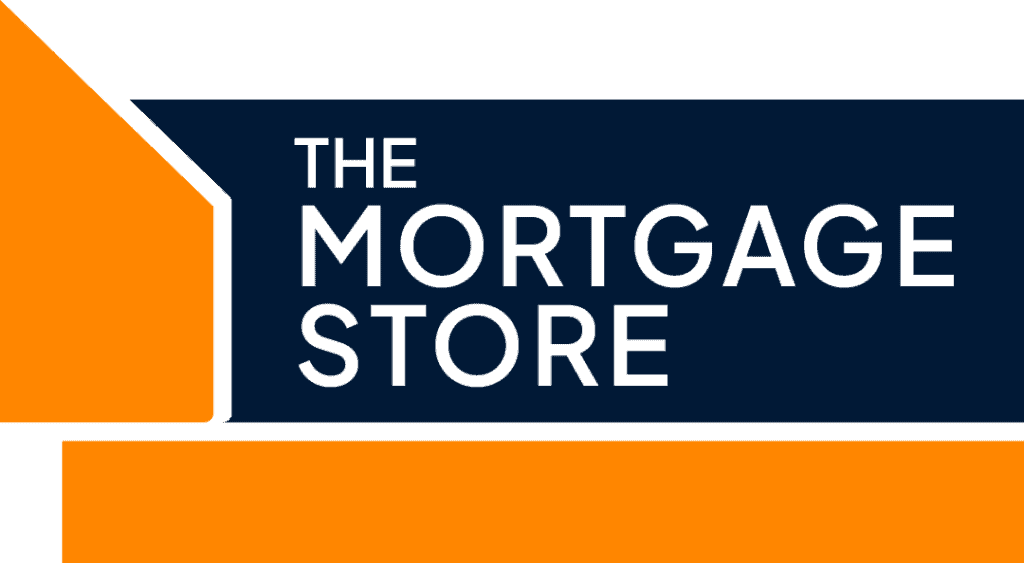Contractor Mortgages
Contractor mortgages in the UK are a type of home loan specifically designed for self-employed contractors or freelancers. These individuals often face unique challenges when applying for traditional mortgages because their income can be irregular and may come from various sources or clients. Contractor mortgages aim to address these challenges and provide financing options for individuals in this category. Here is what you need to know about contractor mortgages in the UK:
Eligibility Criteria: To be eligible for a contractor mortgage, you typically need to demonstrate a history of contracting or freelancing in your field. Lenders may require you to have a minimum contract length, typically ranging from 6 to 12 months. Some lenders may consider shorter periods. The longer your contracting history, the more likely you are to qualify for favorable mortgage terms.
Income Assessment: Instead of relying solely on your traditional payslips, these mortgages assess your income differently. Lenders will often look at your annualized income, considering your contract rate and the likelihood of future contracts. They may request copies of your contracts or invoices as proof of income.
Limited Company Contractors: Many contractors in the UK operate through limited companies for tax efficiency. Lenders may consider the income of your limited company, in addition to your personal income, when assessing your mortgage application. This can be advantageous for those with well-established companies.
Day Rate Contractors: Some lenders offer mortgages tailored to day rate contractors, where your daily rate is used to calculate your potential borrowing capacity. This can be beneficial for IT contractors, consultants, and other professionals who earn income on a daily basis.
Specialist Lenders: There are specialist mortgage lenders in the UK who focus specifically on contractor mortgages. These lenders have a better understanding of the unique income and employment circumstances of contractors and may offer more flexible terms.
Deposit Requirements: Like traditional mortgages, contractor mortgages often require a deposit, typically ranging from 5% to 20% of the property’s purchase price. A larger deposit can lead to better mortgage rates.
Interest Rates: Contractor mortgages may have slightly higher interest rates compared to traditional mortgages because of the perceived higher risk associated with self-employed income. However, rates can still be competitive, especially with a good credit history and a sizable deposit.
Contractor Mortgages vs. Self-Employed Mortgages: While contractor mortgages are designed specifically for contractors, self-employed individuals who do not operate as contractors may also have access to self-employed or freelance-friendly mortgage products.
Tax Considerations: It’s essential to consider the tax implications of your mortgage and homeownership as a contractor. You may be eligible for certain tax deductions related to mortgage interest payments.
Professional Mortgage Advice: Given the complexity of contractor mortgages, it’s advisable to seek professional mortgage advice from a mortgage broker such as ourselves who specialises in contractor mortgages. They can help you navigate the options available and find the best mortgage deal for your unique situation.
It’s worth noting that the mortgage market in the UK is constantly evolving, and lenders may have different criteria and offerings. Therefore, it’s essential to stay informed and consult with ourselves to find the most suitable contractor mortgage for your needs. Contact Us now.

Why The Mortgage Store?

Potentially source a better rate

Find out your upgrade options







